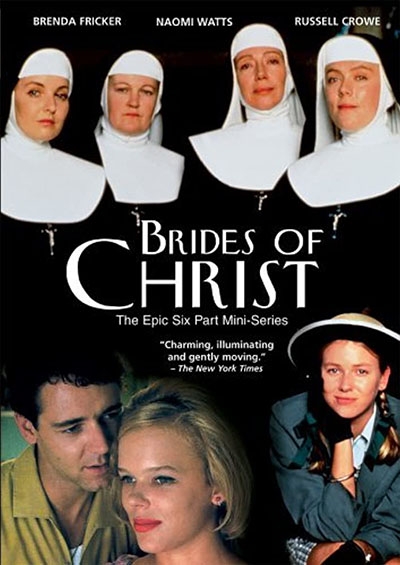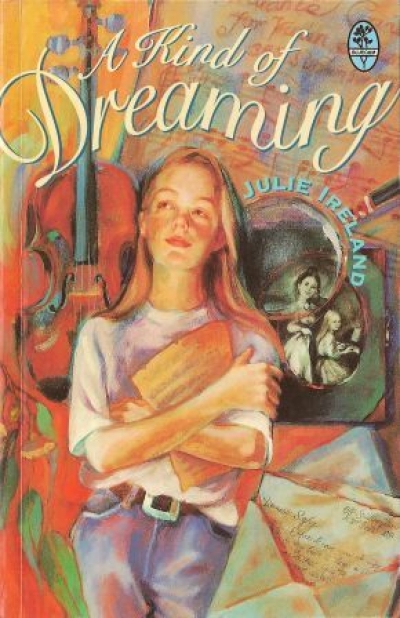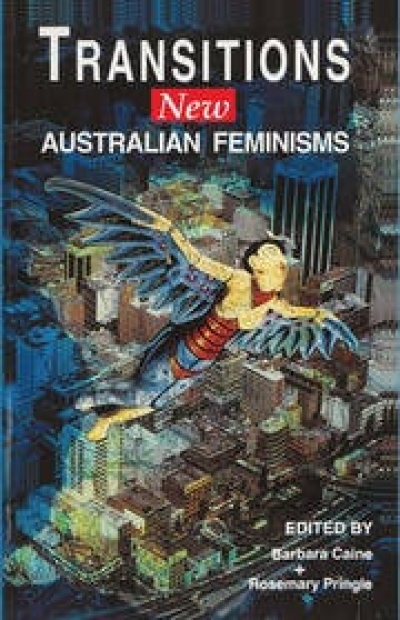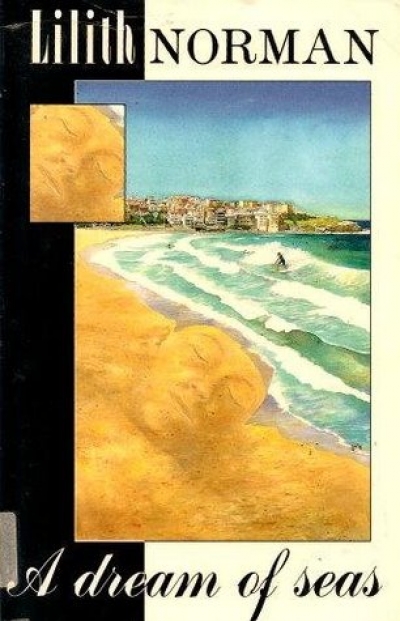Archive
In an interview in this issue about his new novel, The Sitters, which is about a portrait painter, Alex Miller suggests the novel is almost
a continuous monologue. almost something he shouted to himself while he was working. The Sitters is this kind of shouted monologue: this man shouting at himself, to himself, listening while he is painting, listening to the sounds of himself painting.
... (read more)Brides of Christ, Episode 3 by John Alsop and Sue Smith & The Drought by Tom Petsinis
A Kind of Dreaming by Julie Ireland & Next Stop the Moon by Suzanne Gervay
Transitions: New Australian feminisms edited by Barbara Caine and Rosemary Pringle
Radio Wars: Truth, propaganda and the struggle for radio Australia by Errol Hodge
A Dream of Seas by Lilith Norman & The Secret Beach by Jackie French
We are the stories we tell. We need our stories: they make us feel real. Stories give to our personal experience the particular shapes and cohesiveness we call ‘self’. When we enter into new friendships, when we fall in love, we tell our stories. The closer we draw to people, the more of our stories we are willing to risk. ‘Risk’ is always a factor. If we fall out with our closest friends, if love turns to enmity, the stories which are us may be stolen from our telling, and reshaped with malicious intent, putting at peril our cohesiveness, pressing us into despair, pushing towards the fragmentation of self we call madness. The stories which make us strong, self-confident, keep us vulnerable as well. Stories are easy to steal.
... (read more)







